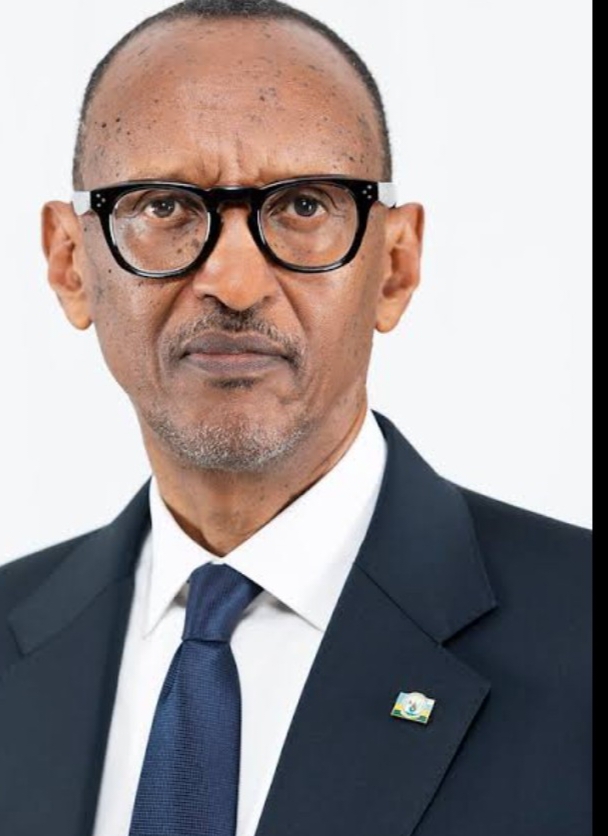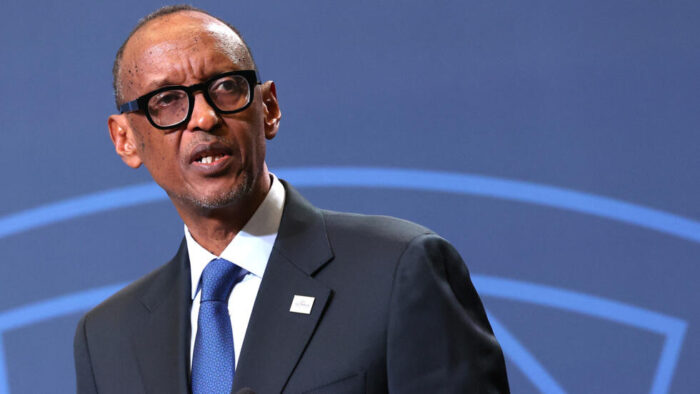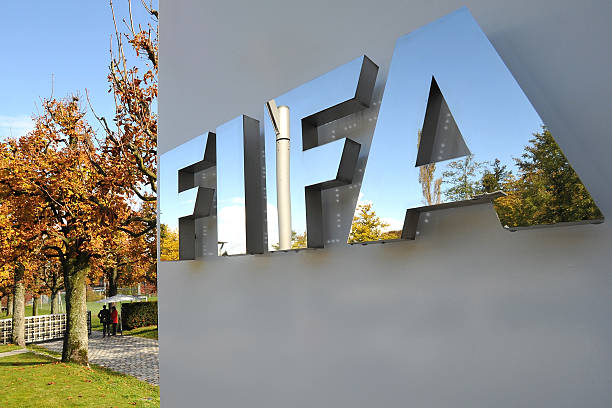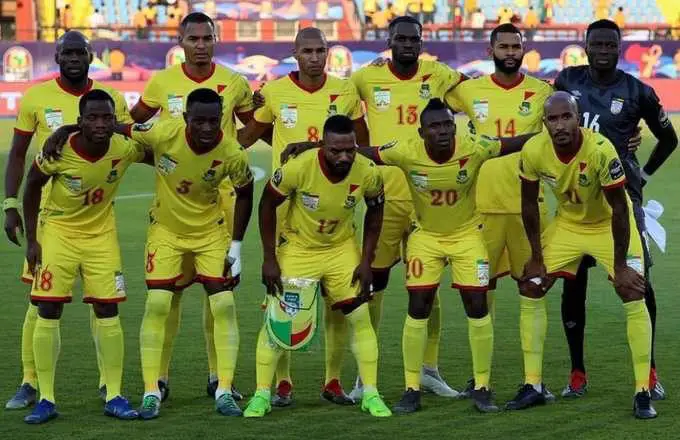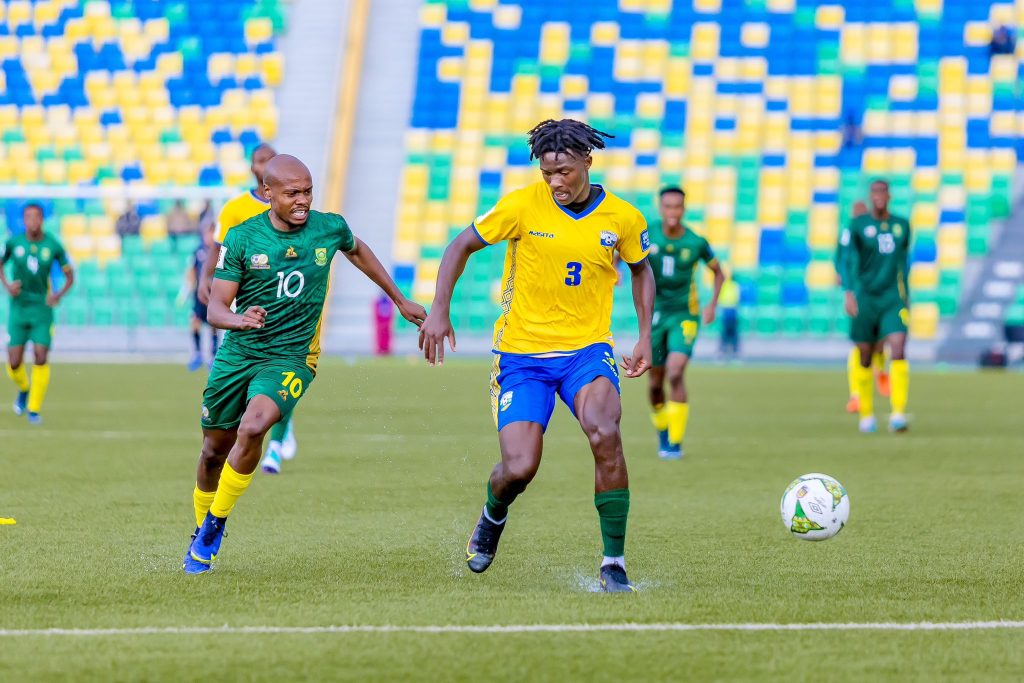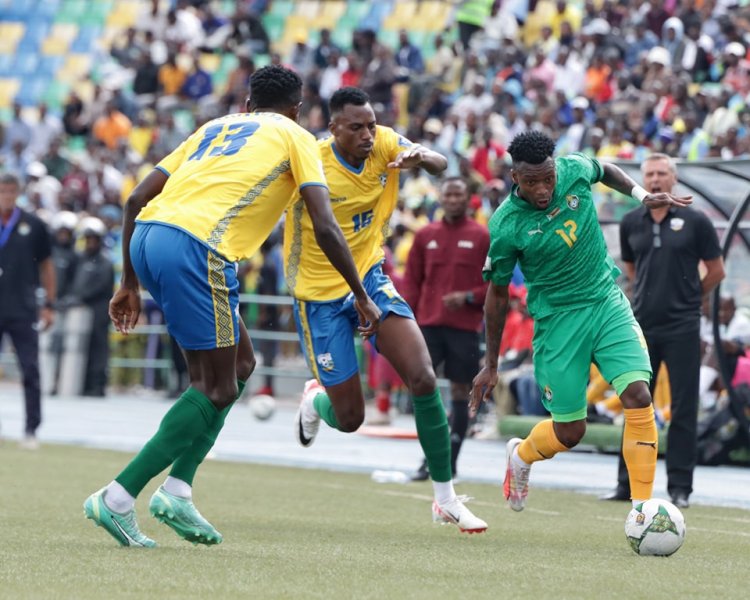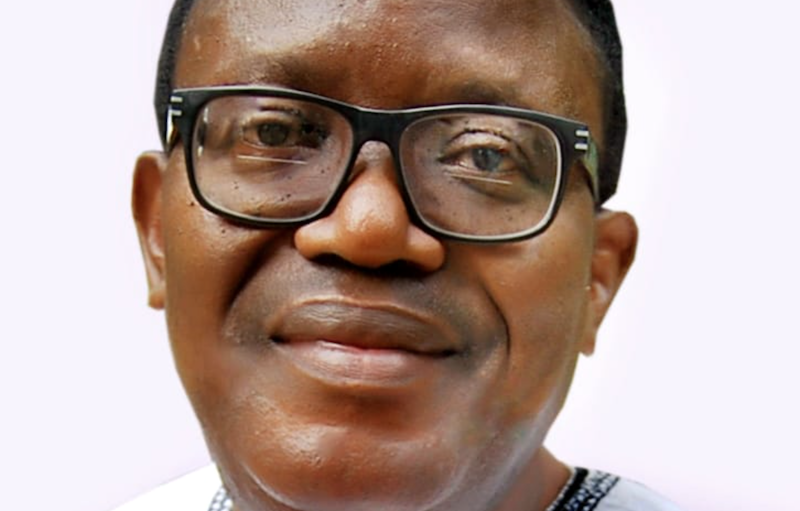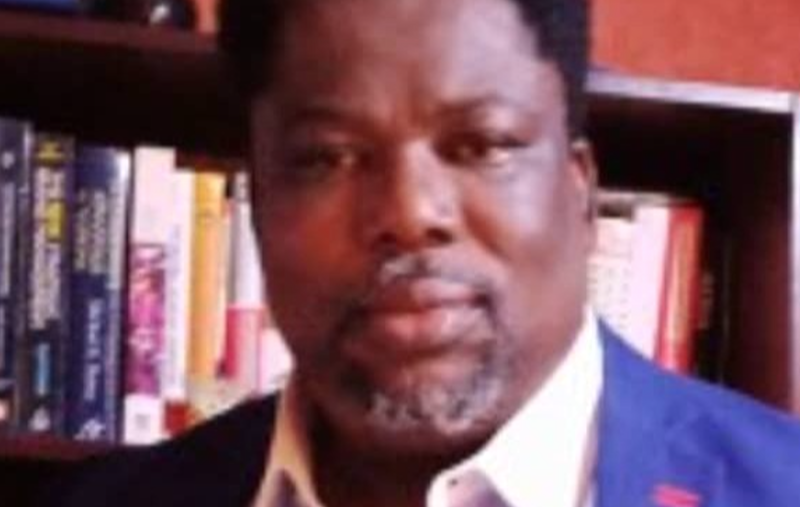VICTIMS who narrate stories of genocide, do so because they survived. Millions perish, whose voices we may never hear again. There are even victims who did not have the chance of being born. Their lives were simply terminated as they grew in the womb.
Humanity witnessed this nightmare, 30 years ago in Rwanda. Genocide, as defined by the United Nations, UN, “is a crime committed with the intent to destroy a national, ethnic, racial or religious group, in whole or in part”.
In 100 days from April 6 to July 15, 1994, over 850,000 persons were massacred in Rwanda. On that occasion, humanity rose in unison: “Never again!” Only to sit back and watch the on-going genocide in Gaza.
As in Rwanda, there are debates whether the Palestinian genocide going on before our very eyes, is genocide or a mere conflict by two sides. Powerful countries, especially those who supply arms or occupy permanent seats in the UN Security Council, racists and deluded ‘Men of God’ rule that what we are witnessing is a mere conflict in which one nation is teaching the other unforgettable lessons.
It took South Africa the wisdom, courage, humanism and sense of history to call genocide by its true name by getting the International Court of Justice to rule there is genocide in Palestine.
One of the witnesses to the Rwanda massacres, and the man who actually led the forces that put a stop to that genocide, is Paul Kagame. This Sunday which was exactly 30 years that the genocide began, he declared before an international audience, the basic truth: “…It was the international community which failed all of us, whether from contempt or cowardice.”
Indeed, when the Rwanda genocide was being planned, the UN which had its peacekeeping force, the United Nations Assistance Mission For Rwanda, UNAMIR, on ground, was aware. Its Commander, General Romeo on January 11, 1994 sent his “Genocide Fax” to the UN Headquarters reporting the genocide plans. He followed up with five more warnings and sought permission to intervene, but was ignored.
So, when the genocide began, UNAMIR was an indifferent force. Interventions came down to individual soldiers like Captain Mbaye Diagne, the Senegalese soldier who gave his life rescuing victims. I titled my October 3, 2020 tribute to this internationalist: “Saluting Captain Mbaye Diagne, the Soldier Who Covered UN’s Shame.”
I was not surprised by the revelations of Kagame this Sunday, that as he and people under his command raced through Rwanda to stop the genocide, France threatened to annihilate them militarily unless they stopped, and allowed the genocide to go on.
The Kagame story: “One night, in the latter days of the genocide, I received a surprise visit past midnight from General Dallaire. He brought a written message, of which I still have a copy, from the French General Commanding the force that France had just deployed in the western part of our country, Operation Turquoise.
“The message said that we would pay a heavy price if our forces dared to try to capture the town of Butare, in the southern part of our country… he warned me that the French had attack helicopters, and every kind of heavy weapon you can imagine, and therefore were prepared to use them against us if we did not comply.
“I asked Dallaire whether French soldiers bleed the same way ours do; whether we have blood in our bodies. Then I thanked him, and told him he should just go and get some rest and sleep, after informing the French that our response would follow. And it did…We took Butare at dawn. Within weeks, the entire country had been secured, and we began rebuilding.”
But not all countries were bystanders as the Rwanda genocide was carried out. Kagame acknowledged the positive roles of countries like Uganda, Eritrea, Kenya, Burundi, Democratic Republic of Congo, Tanzania, Ethiopia and of course, South Africa which emerged a democratic country as the genocide was going on.
The Rwandan President, this Sunday, added an historical gratitude: “At the United Nations Security Council in 1994, moral clarity came from Nigeria, the Czech Republic, and even as far away as New Zealand. Their ambassadors had the courage to call the genocide by its rightful name, and resist political pressure from more powerful countries to hide the truth. Ambassador Ibrahim Gambari of Nigeria and Czech Ambassador Karel Kovanda are here with us today, and we applaud you.”
There are countries like Canada, which regretted their inaction. The Clinton administration in the United States long before the genocide, knew of a “final solution to eliminate all Tutsis”, but did not act decisively even when the genocide was on.
President Bill Clinton admitted that had his administration taken some action, at least 300,000 lives could have been saved: “If we’d gone in sooner, I believe we could have saved at least a third of the lives that were lost…it had an enduring impact on me.”
Six days into the genocide, Belgium, which had one of the largest contingents in the UNAMIR, announced it was withdrawing its troops. Other nations also did.
Following widespread condemnation of the role of France, the French Parliament enquired into the role of the country in the genocide. After several months, the president of the parliamentary mission, former Defence Minister Paul Quiles, declared in 1998 that France was “not guilty”.
However, an independent Rwandan Commission Report of August 5, 2008, concluded that France was not only aware of the preparations for the genocide, but also helped train the ethnic militias that carried out the genocide. It accused 33 senior French military and political officials of complicity in the genocide. It also reported that: “French soldiers themselves directly were involved in assassinations of Tutsis and Hutus accused of hiding Tutsis.”
The genocide in the Palestine is taking a similar shape. First, the perpetrators in order to have a rationale to slaughter their victims, classify them as non-human beings. In Rwanda, the victims were labelled “cockroaches”, while in Gaza, Israel refers to the Palestinians as “human animals”. Secondly, the UN Security Council, as in Rwanda, held long debates whether the on-going genocide is really a genocide. It is also unable to agree on a permanent ceasefire.
So, as the world marks 30 years of the Rwanda genocide, we have 1,410 Israelis slain, 33,098 Palestinians killed with over 70 per cent of them being women and children and 90 per cent of the victims being civilians. So, rather than the world shout “Never again!” it is witnessing genocide: “Yet again!” Some years down the line, the powerful who have rationalised the on-going genocide may be seeking justification, or making excuses for the role they are playing in refusing to recognise genocide.
